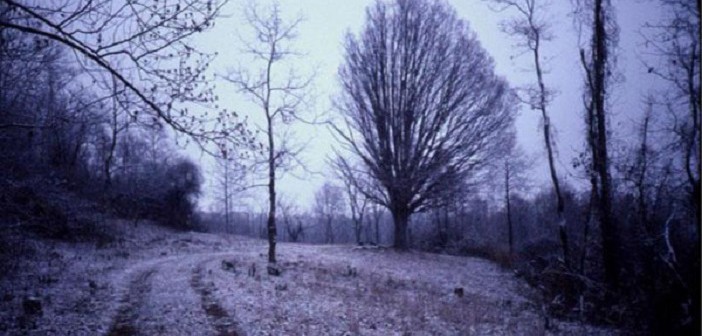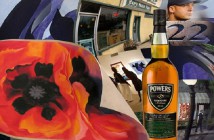For many years, my favorite neighbor was a debonair, white-haired old Frenchman named Armand Chene. Monsieur Chene died quickly and apparently painlessly a few years back when his great heart simply gave out at the age of 99. He called out to his wife, fell to the floor, and by the time she got there he had lost consciousness. It was an exit strategy that neatly matched the way he lived—no whining, no big regrets, no neediness, no fuss.
Unlike some of my neighbors, Armand was not famous or fabulously wealthy but he was something much more important than that–he was a genuinely happy man, grateful to have lived nearly a century so amazingly free of the debilitating diseases that reduce most of us to pain and bitterness and confusion in our later years. The mischievous glint of the professional boulevardier that sparkled in his eyes to the end brought a smile to everyone he encountered.
He was born in Paris at a time when men with horses came around in the evening to light the gas lamps. Before he was 10-years-old, his mother died when a careless doctor left a scalpel inside after an operation. His father was a vagabond who had disappeared. Too proud to beg, without a coat or underwear, he survived by doing odd jobs for fellow residents of a poor Jewish quarter of Paris and sleeping in basements. Once my wife and I ran into him on the street and he had a tear in his eye and he told us he was thinking of his earliest memory: his mother, standing naked, bathed in gaslight at a neighborhood communal bath and “she was so beautiful.” No one loved women more. He used to say to his son “When you touch your mother, touch her with a rose.”
He moved to America in the 1920s but never lost his Maurice Chevalier accent. Perhaps his enduring optimism came from the realization that he had missed the century’s two biggest killers—World Wars I and II—simply by being too young for the first, too old for the latter. Maybe, it was because he waited until after he turned 50 to get married and get a job, having spent many of his earlier years cruising the Cote d’Azur in an MG. The handsome, rakish-looking man that beams back from his old photographs suggests that his permanent smile was well-earned on the beach on Cannes and in the gambling halls of Monaco. Despite its unpromising beginning, he had led a charmed life and he knew it.
Whatever his secret was, he was never less than “formidable” when asked. His mind was clear and he walked upright with the gait of a 70-year-old. Once I saw him stumble going out the door and he wheeled in mock fury and said “Ooo push me?”
I saw him for the last time on the morning of the day before he died. He looked especially fit, had a new haircut, a boater hat and seersucker jacket. His pants were new and, of course, he was wearing a tie, although he was just going to the grocery store across the street. I told him how great he looked and he said: “Well, you know. It’s getting harder and harder.” It was the closest thing to a complaint I ever heard him make.




